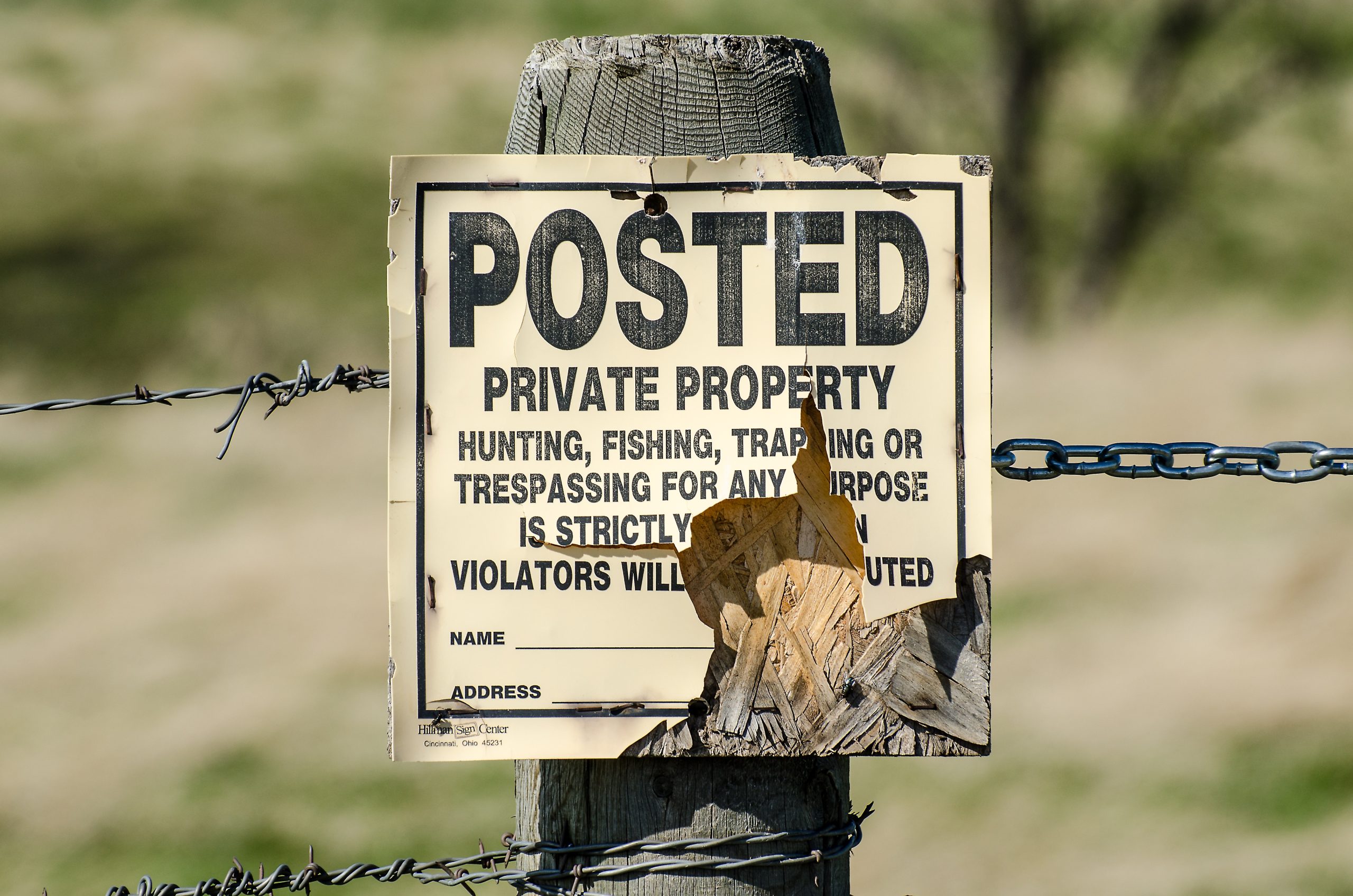 In the aftermath of a car accident, the quest for justice often extends beyond determining fault, delving into the intricate realm of calculating damages. Even when the liability is undisputed, securing compensation can be laden with legal complexities. The following case unveils the story of Shelley Cooley, a collision victim navigating the labyrinth of litigation to ascertain the rightful compensation for her injuries. The journey sheds light on the indispensable role of compelling evidence, from medical testimony to personal accounts, in establishing the magnitude of damages in the aftermath of an accident.
In the aftermath of a car accident, the quest for justice often extends beyond determining fault, delving into the intricate realm of calculating damages. Even when the liability is undisputed, securing compensation can be laden with legal complexities. The following case unveils the story of Shelley Cooley, a collision victim navigating the labyrinth of litigation to ascertain the rightful compensation for her injuries. The journey sheds light on the indispensable role of compelling evidence, from medical testimony to personal accounts, in establishing the magnitude of damages in the aftermath of an accident.
Shelley Cooley was involved in a car accident where her car was hit from behind by a car driven by Timothy Adgate, who worked for the City of Shreveport. Cooley had to obtain medical treatment after the accident for pain in her knee, back, and neck. Cooley filed a lawsuit against Adgate and the City of Shreveport. The parties agreed the City of Shreveport was liable because Adgate was completely responsible for the accident while working as a police officer. The only issue at trial was the amount of damages owed to Cooley.
Cooley was the only witness to testify at trial. Medical evidence was presented through the deposition transcripts of various doctors. The trial court ruled the accident had exacerbated Cooley’s pre-existing medical issues but declined to award any damages for future medical expenses because the evidence about future medical expenses was speculative. The trial court awarded Cooley $50,000 in general damages and $79,508.66 for past medical expenses. Cooley filed an appeal.
 Insurance Dispute Lawyer Blog
Insurance Dispute Lawyer Blog


 Personal attacks often take center stage in the tumultuous arena of modern political campaigns, leaving no stone unturned and no reputation untouched. Yet, amidst this well-trodden path of character assaults, a unique legal battle emerges, where the crosshairs were not directed at a political rival but rather a candidate’s ex-spouse. In a case that blurs the lines between public discourse and private matters, the spotlight falls on the intersection of defamation claims and the exercise of free speech. Can a campaign ad’s accusations against an ex-spouse be enough to launch a successful legal battle?
Personal attacks often take center stage in the tumultuous arena of modern political campaigns, leaving no stone unturned and no reputation untouched. Yet, amidst this well-trodden path of character assaults, a unique legal battle emerges, where the crosshairs were not directed at a political rival but rather a candidate’s ex-spouse. In a case that blurs the lines between public discourse and private matters, the spotlight falls on the intersection of defamation claims and the exercise of free speech. Can a campaign ad’s accusations against an ex-spouse be enough to launch a successful legal battle? If you receive notice of a court hearing, you must pay attention to it. The following case shows the potential adverse consequences if you ignore a court hearing notice. These can include a warrant being issued for your arrest or having your lawsuit dismissed. However, the case also unveils a glimmer of hope for those entangled in such legal dilemmas, offering a glimpse into the avenues available to those who believe justice has been denied.
If you receive notice of a court hearing, you must pay attention to it. The following case shows the potential adverse consequences if you ignore a court hearing notice. These can include a warrant being issued for your arrest or having your lawsuit dismissed. However, the case also unveils a glimmer of hope for those entangled in such legal dilemmas, offering a glimpse into the avenues available to those who believe justice has been denied. Imagine the hardships of being denied basic necessities solely because of a disability. In such cases, how can individuals with disabilities navigate the legal system to seek justice and equal treatment? These questions gain significant relevance when we examine recent allegations of denied accommodations and rights violations. This situation sheds light on the challenges confronted by individuals with disabilities and raises important considerations regarding the responsibility of institutions to provide reasonable accommodations. The pursuit of justice and equal rights is a fundamental principle in any democratic society, yet there are instances where individuals encounter substantial obstacles, particularly in cases involving accessibility rights.
Imagine the hardships of being denied basic necessities solely because of a disability. In such cases, how can individuals with disabilities navigate the legal system to seek justice and equal treatment? These questions gain significant relevance when we examine recent allegations of denied accommodations and rights violations. This situation sheds light on the challenges confronted by individuals with disabilities and raises important considerations regarding the responsibility of institutions to provide reasonable accommodations. The pursuit of justice and equal rights is a fundamental principle in any democratic society, yet there are instances where individuals encounter substantial obstacles, particularly in cases involving accessibility rights. A minor is generally unable to bring a lawsuit on their behalf. As seen in the following case, this can lead to disputes about who the proper party is to bring a lawsuit for the minor.
A minor is generally unable to bring a lawsuit on their behalf. As seen in the following case, this can lead to disputes about who the proper party is to bring a lawsuit for the minor.  The world of mortgages can be daunting, especially when it involves your most significant asset – your home. This is especially true when there are multiple property owners, or there have been multiple transactions and conveyances of this property. Ensuring the validity of a mortgage is paramount, and as the following case demonstrates, strict requirements must be met to safeguard property owners’ rights. It also helps answer the question; What happens if a mortgage is recorded without a legal description of the property?
The world of mortgages can be daunting, especially when it involves your most significant asset – your home. This is especially true when there are multiple property owners, or there have been multiple transactions and conveyances of this property. Ensuring the validity of a mortgage is paramount, and as the following case demonstrates, strict requirements must be met to safeguard property owners’ rights. It also helps answer the question; What happens if a mortgage is recorded without a legal description of the property? Mistakes are inevitable in human experiences, but some mistakes can have significant legal consequences. Just like regular folks, courts are infallible and make mistakes as well. What happens when a court fails to include all required information in a judgment? Such a failure creates confusion and can impede the appeals process and delay justice for the parties involved, as seen in the following case.
Mistakes are inevitable in human experiences, but some mistakes can have significant legal consequences. Just like regular folks, courts are infallible and make mistakes as well. What happens when a court fails to include all required information in a judgment? Such a failure creates confusion and can impede the appeals process and delay justice for the parties involved, as seen in the following case. Settling a lawsuit can have many far-reaching effects. Not only will it result in the dismissal of your lawsuit, but it could also affect things such as your social security benefits. Therefore, it is important that you consult with an attorney and carefully consider if a settlement is in your best interest. Additionally, as seen in this case, if you accept a settlement offer, you must ensure the related court order includes all required aspects so you do not have to deal with unintended consequences.
Settling a lawsuit can have many far-reaching effects. Not only will it result in the dismissal of your lawsuit, but it could also affect things such as your social security benefits. Therefore, it is important that you consult with an attorney and carefully consider if a settlement is in your best interest. Additionally, as seen in this case, if you accept a settlement offer, you must ensure the related court order includes all required aspects so you do not have to deal with unintended consequences.  When you think about sexual harassment claims, the first thing that likely comes to mind is a superior harassing another employee. However, what happens if the superior instructs another employee to date a prospective client?
When you think about sexual harassment claims, the first thing that likely comes to mind is a superior harassing another employee. However, what happens if the superior instructs another employee to date a prospective client?  If part of a car falls on you at a vehicle yard, you should be able to recover damages for your injuries from the yard owner. However, if you do not provide sufficient evidence, you will likely be unable to recover for your injuries.
If part of a car falls on you at a vehicle yard, you should be able to recover damages for your injuries from the yard owner. However, if you do not provide sufficient evidence, you will likely be unable to recover for your injuries.